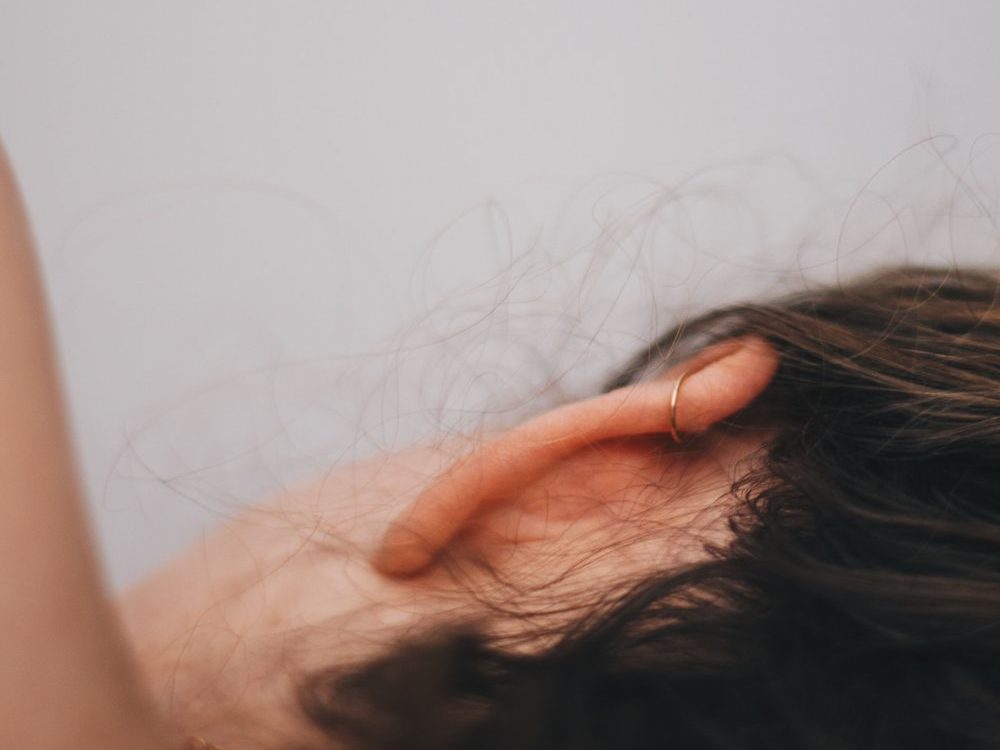When I first started having periods, it was as exciting as it was stressful. Celebrating the first great step to womanhood while bleeding out is extremely conflicting, and eventually it becomes nothing more than a bloody annoyance (pun fully intended).
At the best of times, periods are inconvenient and uncomfortable. At worst, they’re agonising and highly limiting, both physically and emotionally. For me, the emotional disruption outweighs any physical discomfort, and each month I suffer with horrendous mood swings that switch like channels on a TV.
I’ve tried every trick in the book to deny my body its natural process, but Mother Nature is persistent. From pills and painkillers to ice cream and back rubs, no matter what I do physically, my emotions still play havoc with me. My PMS reduces me to an unstable shell of myself, where one moment I’m crying without reason and the next I’m flaring my nostrils in annoyance. I can be desperate for love and wishing misery on anyone who comes within five metres of me all in the same breath. I’m like all seven of Snow White’s dwarfs. At the same time.
Acupuncture was something I had heard about in passing conversation, but mostly for the treatment of physical ailments such as damaged shoulders and bad backs. It was only after some quality time with my good friend Google that I discovered it’s also used to treat a range of emotional issues, including stress, anxiety and mood swings.
Auricular acupuncture, which focuses specifically on the ears, tackles these difficulties and, having spent years battling with PMS that suffocates my motivation and leaves me struggling to get out of bed, this finding felt revolutionary.
Having located a local acupuncturist, before I knew it I was lying on a raised bed in a stranger’s living room, making small talk and having needles inserted all over my ears. The fine sharps are injected with a pen-like tool into different areas, which are supposedly connected with other parts of the body.
There is a lot of debate around the value of acupuncture. Because the procedure appears subjective, and no two bodies are the same, there is no guarantee it will have any impact – and this alone meant I was nervous and sceptical. Was I wasting my money?
Some of the needles hurt, but what’s crazy is that you can’t feel some of them at all. Once I realised the discomfort was minimal and stopped wincing in anticipation, I actually started to enjoy the process. Indeed, once you’re lying down, still and in silence, the feeling of being unable to do anything is unfamiliar but welcoming. There is serenity to be found in just ‘being’. Whether you’re a control freak or as lazy as Sunday morning, the process is calming.
My experience was a recommended six sessions to test the waters, but the first couple seemed to have little effect, and I left each time with an eyebrow raised, feeling unconvinced. I couldn’t feel a change, but had I really been expecting one?
When week three came around though, there was a difference. The realisation came when a friend commented ‘you’re in a good mood’, and I was, but I couldn’t remember why, or the last time I’d been in a bad mood. When I started to think about it, I was feeling good. I had energy, I’d managed the busy week and worked extra hours in the evening, without my motivation dropping. When a comment was made that would usually have upset me, I shrugged it off. I was the same version of myself, but uplifted.
Many would argue this was coincidence, or even a placebo effect. What if I was just having a good week? I thought so too, but in the following weeks the results were exactly the same. I was feeling more relaxed, and as a consequence sleeping better and laughing more.
So, I continued with the treatment, and I still continue now, months later. It doesn’t matter to me how, or why things changed, but simply that there was a change.
Auricular acupuncture is not a cure for period pain or backache, and financially it isn’t as inclusive or accessible as I would like. For me it hasn’t relieved any physical symptoms, but what it has offered me is far more valuable: emotional stability and a lifted sense of self.









